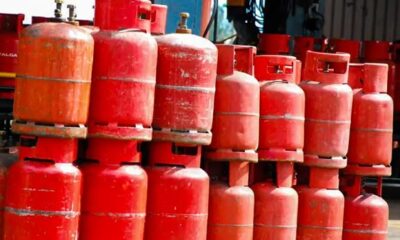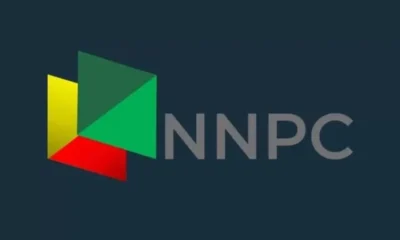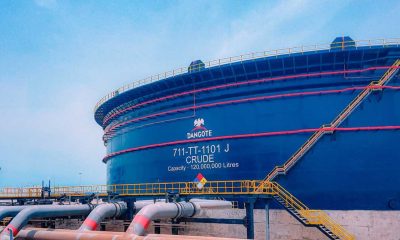NEWS
Major oil companies decry impact of theft, vandalism on crude supply

In a recent development, major oil companies have raised concerns over the detrimental effects of oil theft and pipeline vandalism on the availability of crude oil for local refineries.
Dr. Chinyere Almona, representing the oil companies, highlighted the challenges faced by both international and modular refineries in meeting their daily quotas due to these factors.
She emphasized the struggle of modular refineries in accessing sufficient crude for operations.
Nigeria’s crude oil production, which stood at 1,281,478 barrels per day in April 2024, has been hampered by such challenges, leading to a drop from previous production levels.
The $20bn Dangote refinery, with a refining capacity of 650,000 barrels per day, along with Nigeria’s 25 modular refineries, faces constraints in securing an adequate crude supply.
Oil theft, pipeline vandalism, and low production levels have been long-standing issues in Nigeria’s upstream oil sector, resulting in significant losses to the economy, with an estimated annual loss of N1.29 trillion, as stated by Speaker Abbas Tajudeen.
Aliko Dangote, President of Dangote Group, expressed concerns over the preference of international oil companies to export crude rather than supply local refineries. Despite efforts by the Nigerian National Petroleum Company Limited (NNPC) to ensure feedstock supply, challenges persist in securing adequate crude from IOCs.
Responding to queries, Dr. Almona highlighted the need for a conducive business environment to support Indigenous ventures in the oil and gas sector.
She emphasized the importance of addressing challenges such as oil theft and pipeline vandalism to ensure consistent crude supply to local refineries.
While modular refineries advocate for crude sales in naira, pricing remains based on international standards, posing challenges for local operators.
The Chief Executive Officer, of the Nigerian Upstream Petroleum Regulatory Commission, NUPRC, Gbenga Komolafe, while responding to an enquiry on this matter, insisted that the commission had developed regulations that would ensure crude oil supply to indigenous refiners.
“This still borders on the implementation of the domestic crude oil obligation. First, let me make it clear that establishing a refinery of whatever capacity, whether it is a modular refinery or the bigger sized refinery, is a commercial engagement.
“So, the commission can’t come in to give any form of guarantee. I need to make that clear.
“However, the regulator will only implement the provisions of the PIA given that all the regulatory activities of the commission are expected to comply with the provisions of the law. So, as it relates to guaranteeing feedstock to refiners, that is enshrined under section 109 of the PIA.
“What we have just done in furtherance of that provision is that we have put in place a regulation that has to do with domestic crude oil obligation. In the implementation of that provision, we receive the figures on the domestic refining capacity from the Nigerian Midstream and Downstream Petroleum Regulatory Authority.
“Once we receive that, our development and production department factors the numbers against the capacities of the various producers within the upstream sector and makes it obligatory for them (crude producers) to meet those numbers, thereby guaranteeing that volume of supply to existing licensed and operating refineries, not refineries that have not come into existence,” he stated.
Efforts by the NUPRC to ensure domestic crude oil supply obligation aim to address this issue and guarantee consistent crude supply to domestic refineries.
Despite these efforts, challenges persist for modular refineries in accessing crude, hindering their operations and capacity utilization. The commission continues to work with stakeholders to foster seamless implementation of domestic crude oil supply obligations and ensure sustained crude supply to local refineries.

























